Introductory Psychology Open Course: Unit 9
Intelligence & Testing
In this unit we'll be looking at how people differ in their cognitive abilities and how these differences can be defined, assessed, and interpreted. One of the most important cognitive differences that varies between people is intelligence, which relates to the ability to process information and solve problems. We'll look at varying approaches to defining intelligence, methods of assessing it, as well as the challenges of interpreting differences in intelligence, both for individuals and across groups. Finally, we'll consider other factors that may play a role in intelligence, and consider the question of whether intelligence can be improved.
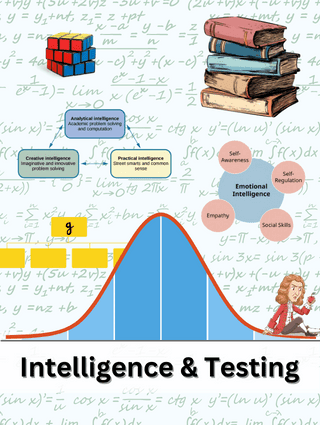
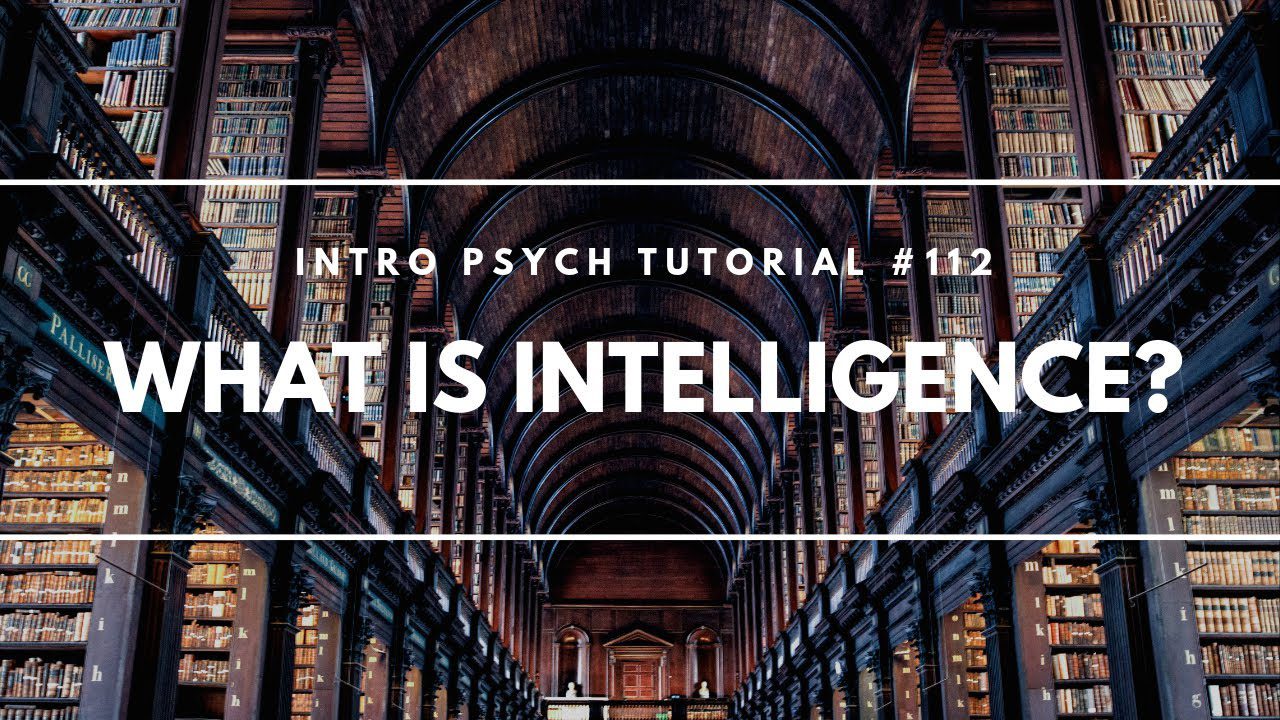
What do we mean by intelligence?

Varying proposed theories of defining intelligence
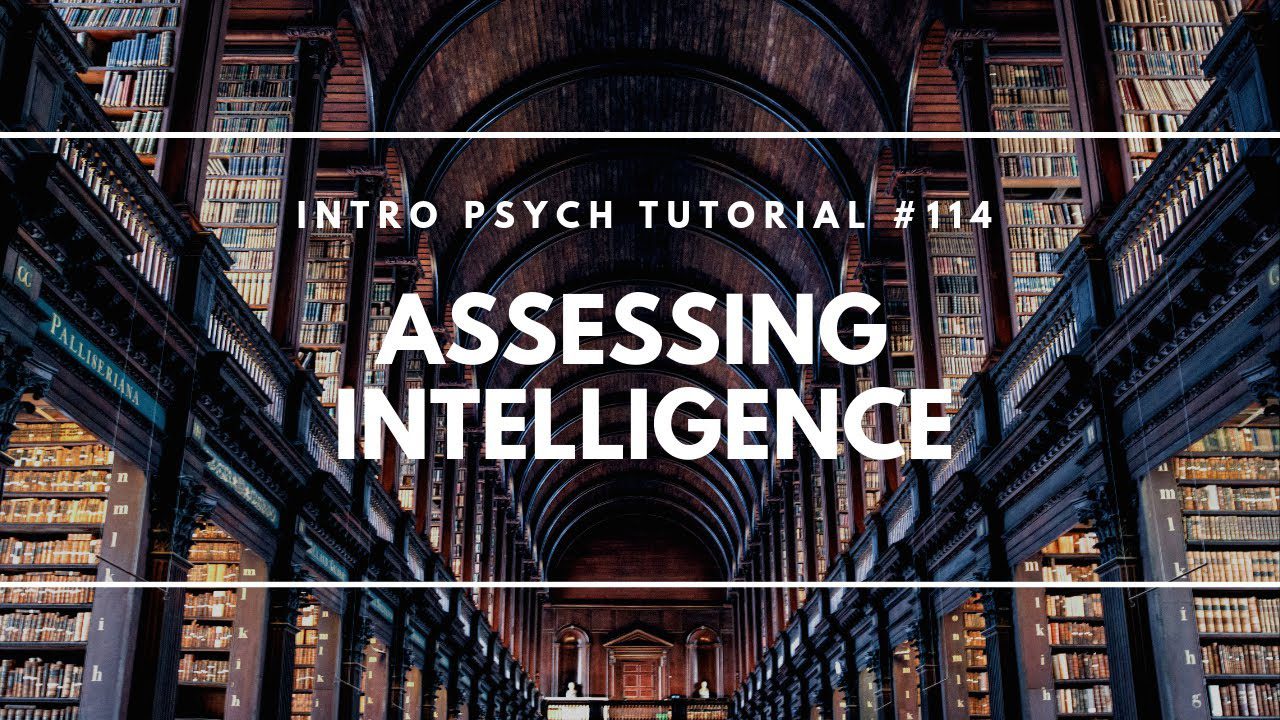
How is intelligence assessed?
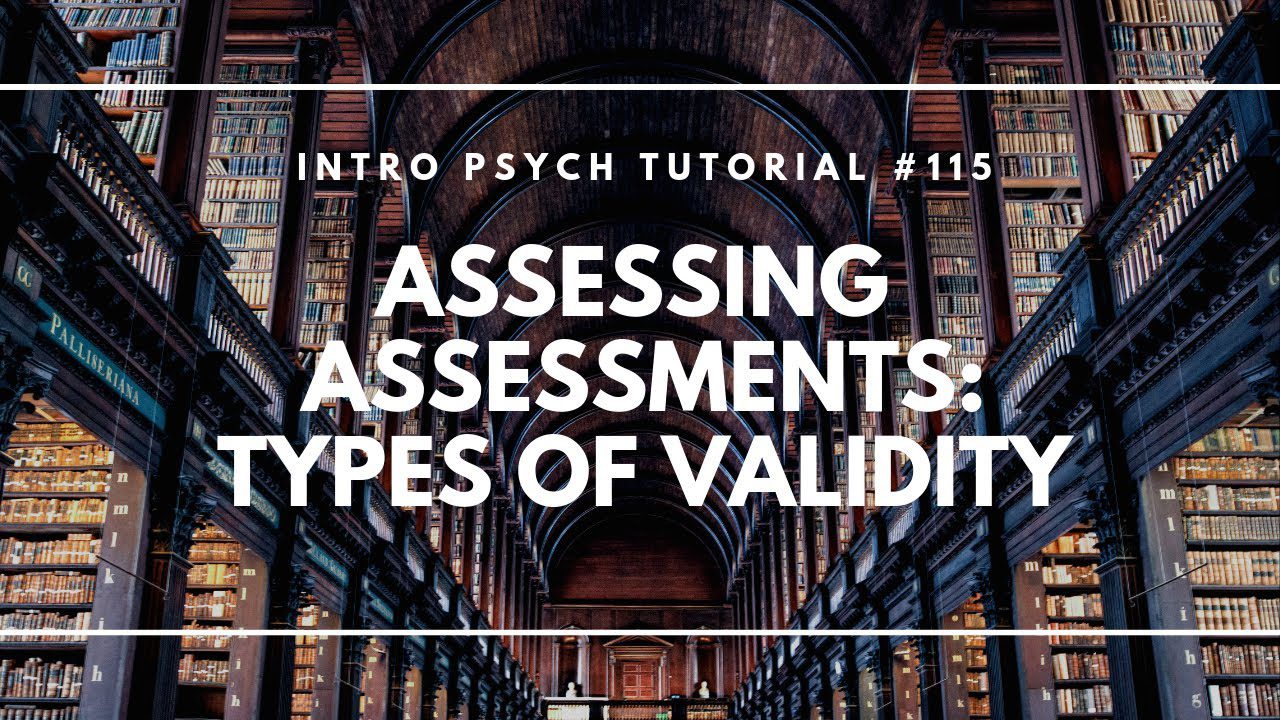
What does it mean for an assessment to be valid?
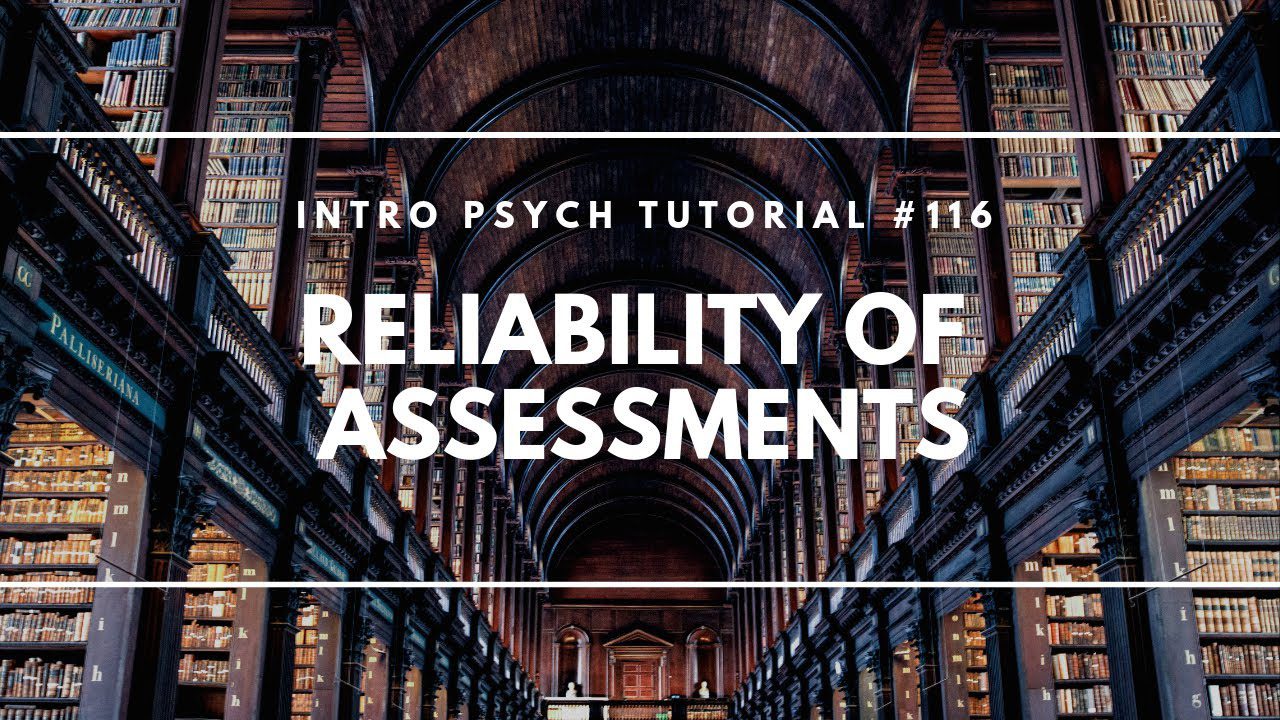
What does it mean for an assessment to be reliable?

The history of attempts to assess intelligence
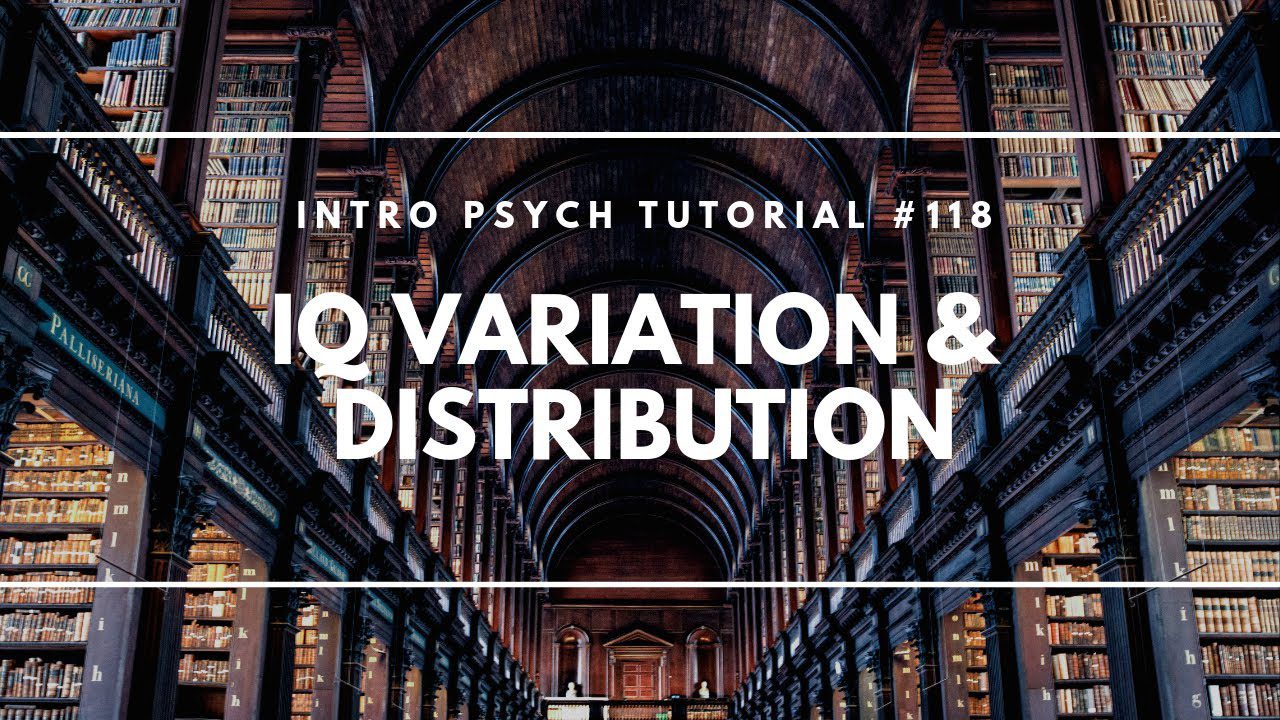
Variation in IQ and its distribution in the population
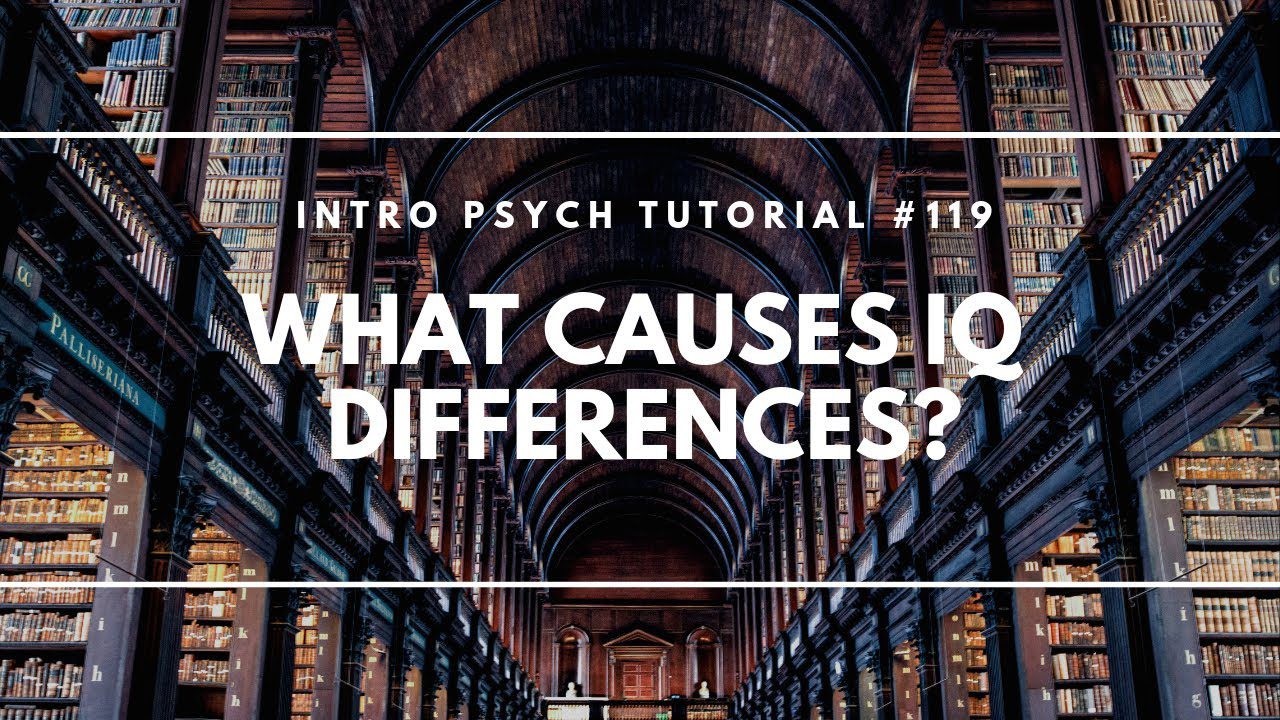
Why do people differ in their IQ?

What is the relationship between genes and IQ?
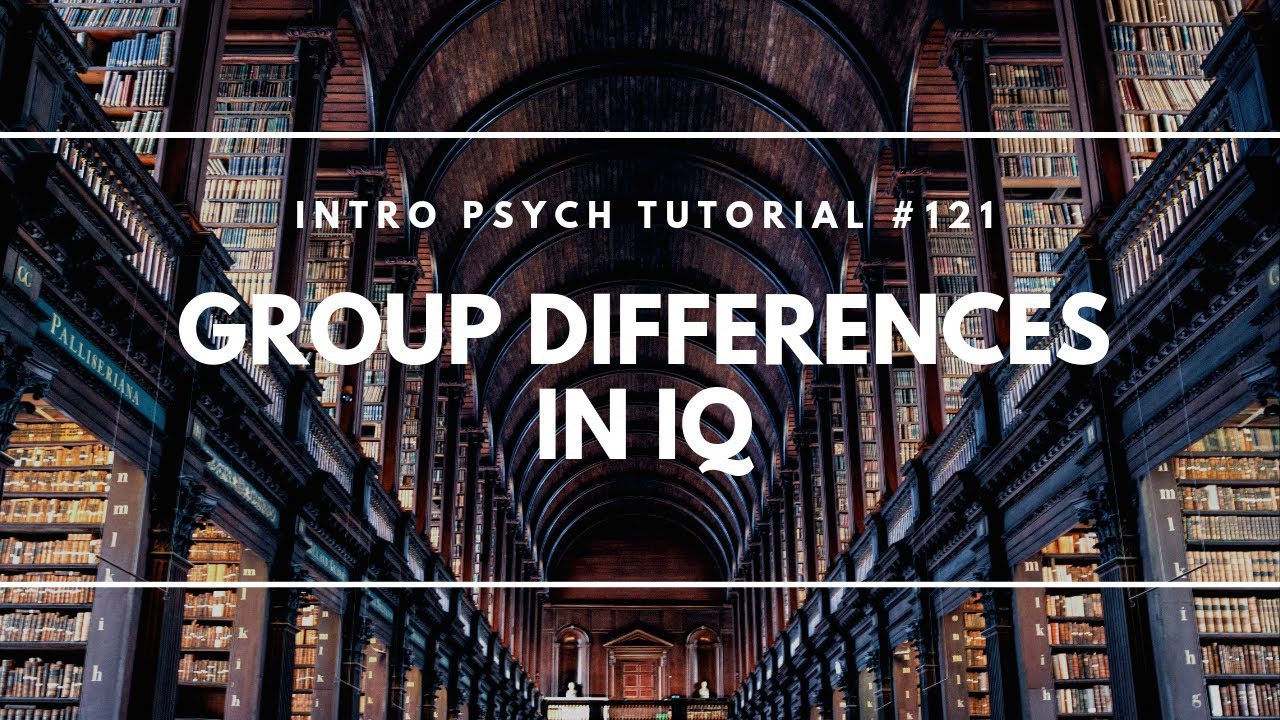
Differences between groups in IQ score
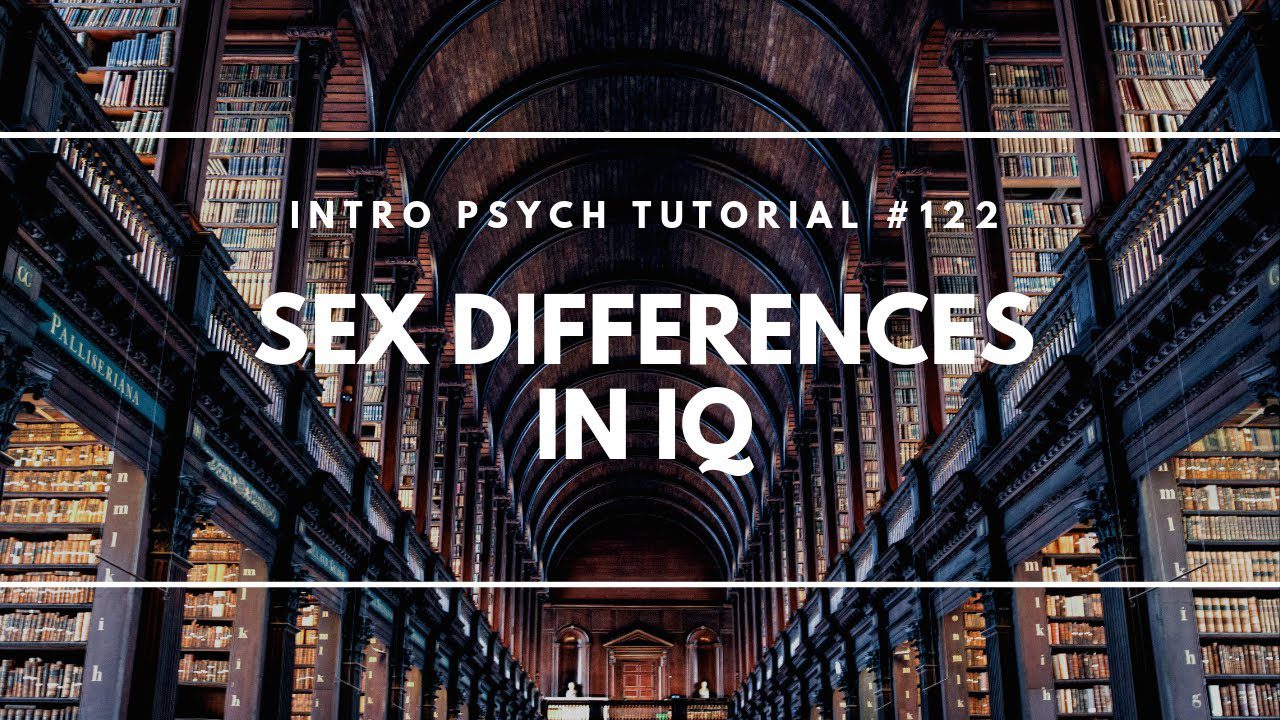
Sex differences in task performance that relate to IQ
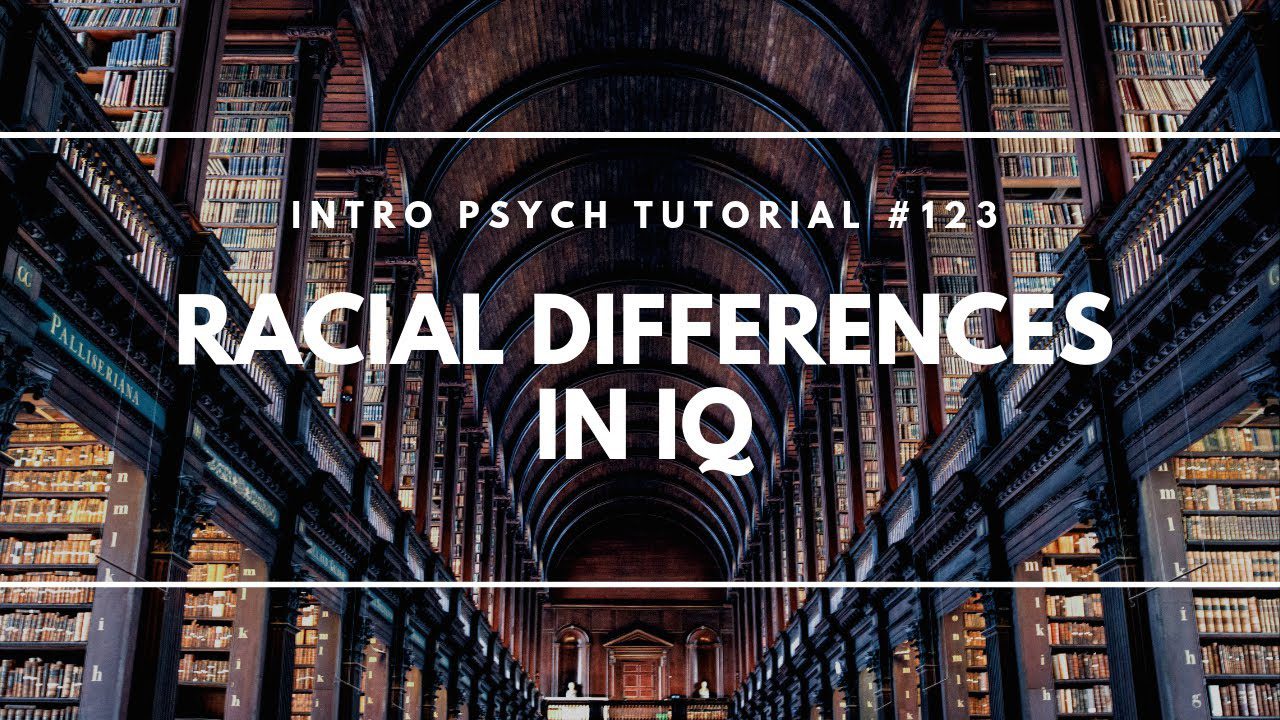
Group differences in IQ and the controversy of interpreting them

The Flynn Effect and the role of environment in IQ
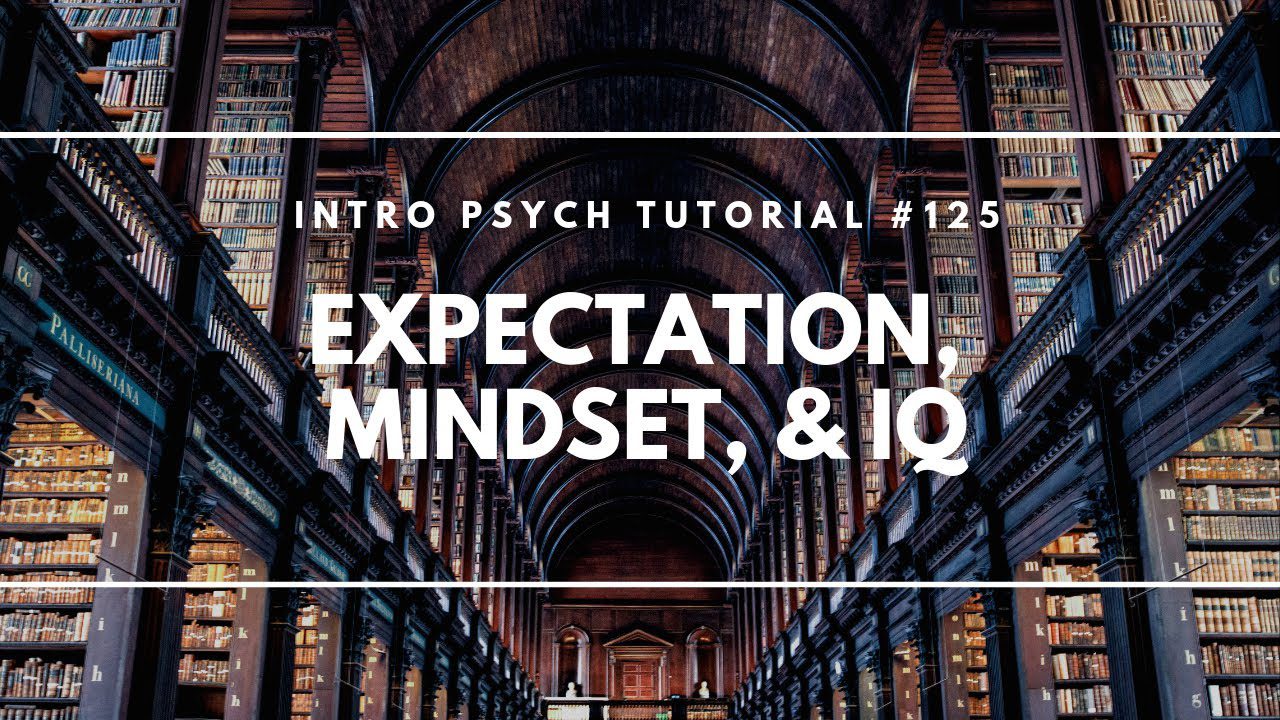
Do expectations & mindset play a role in IQ?

Do stereotypes and identity play a role in IQ?
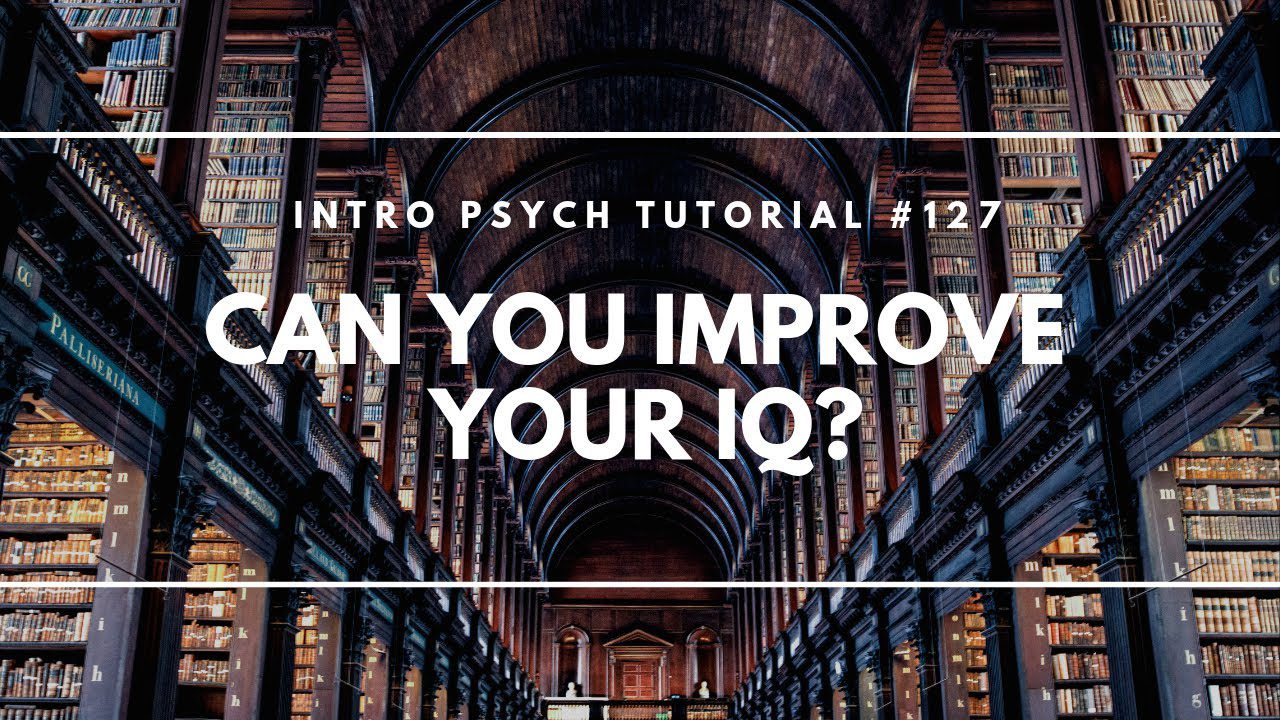
Is it possible to improve fluid intelligence for an individual?
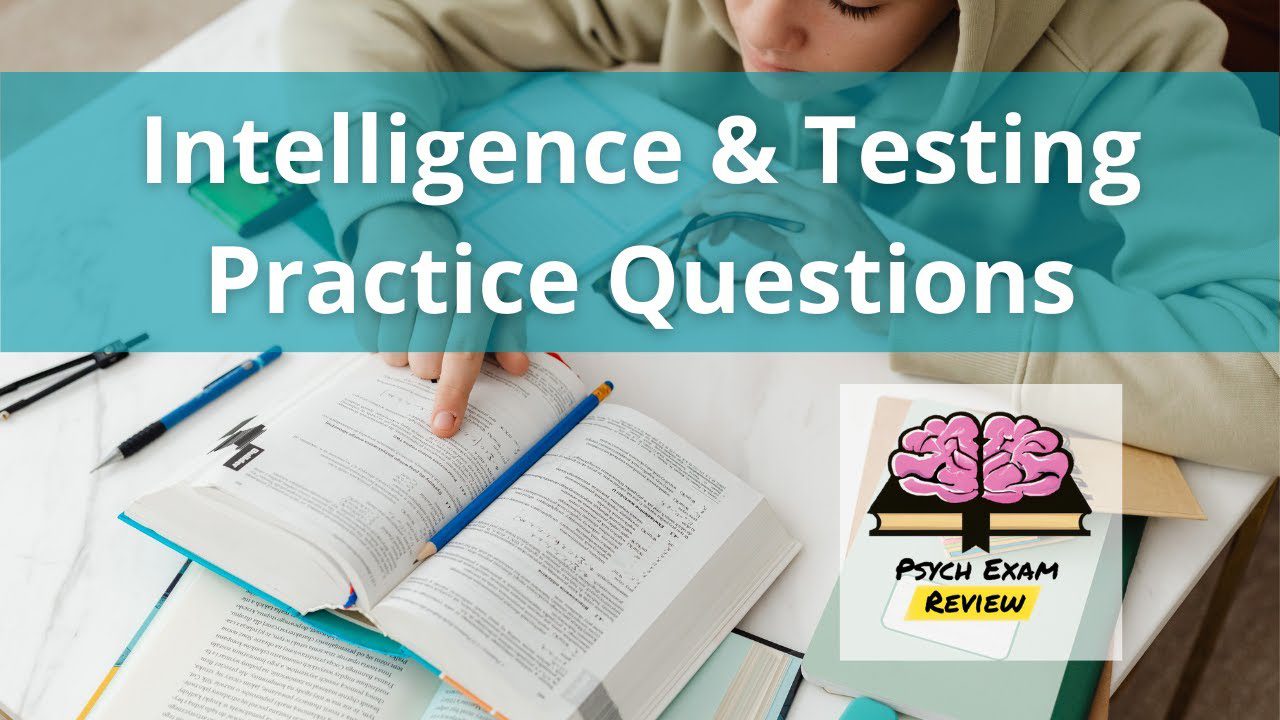
Additional Resources:
